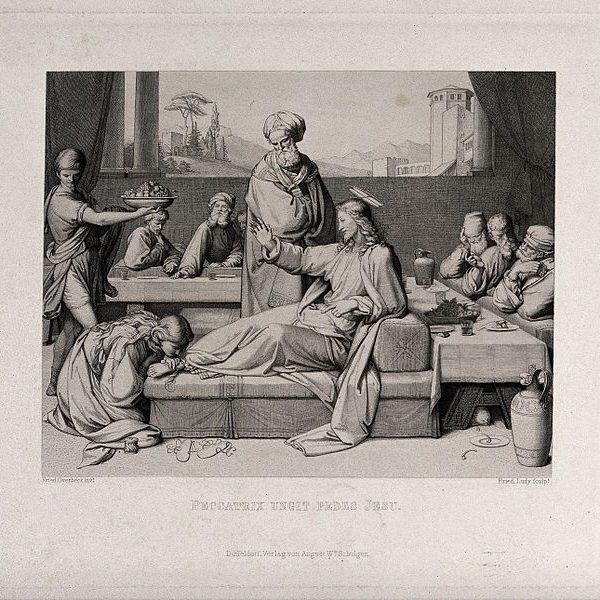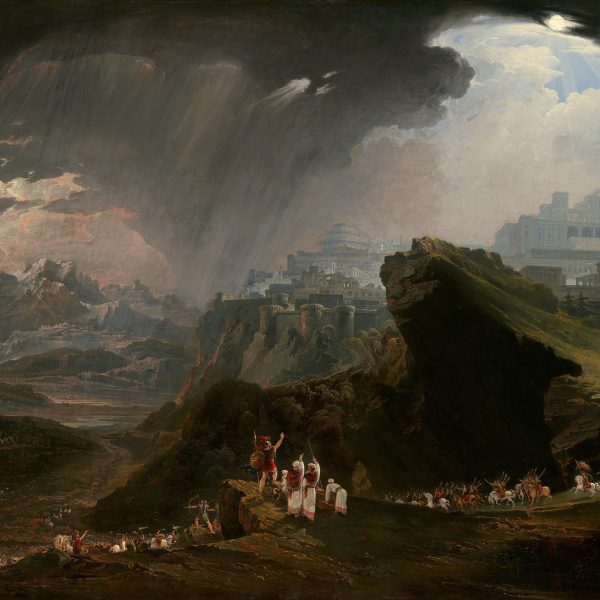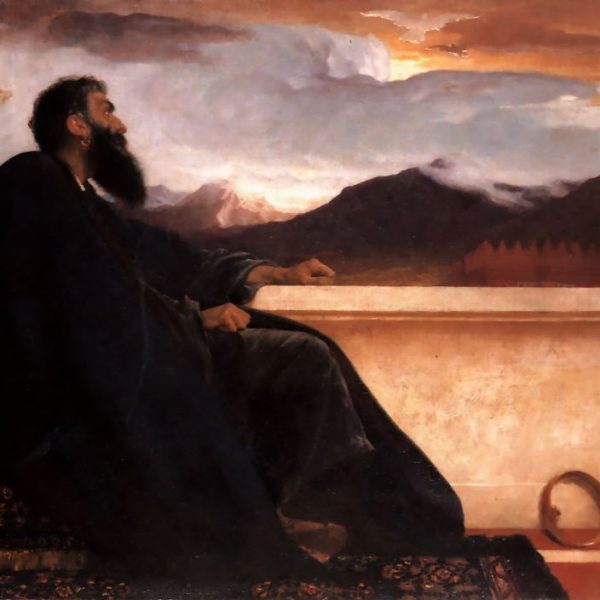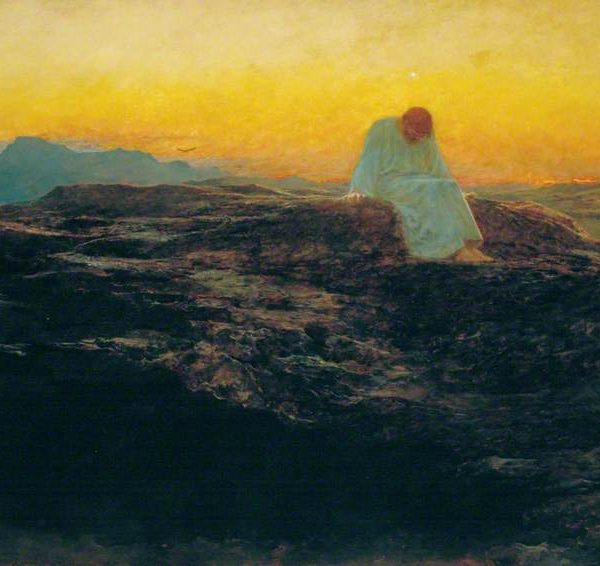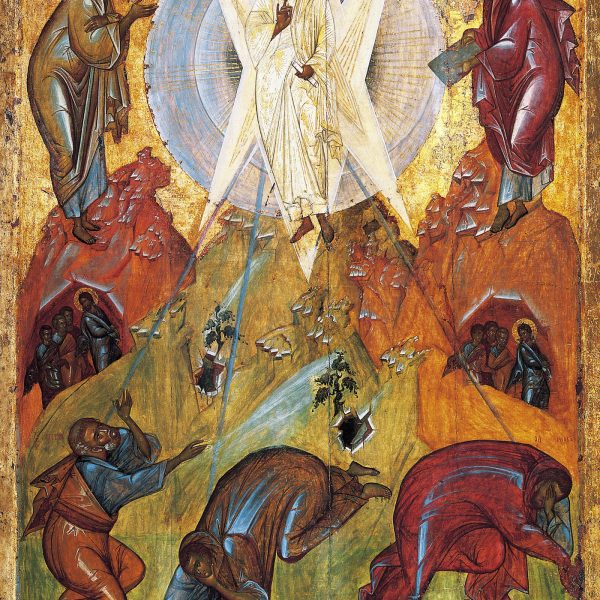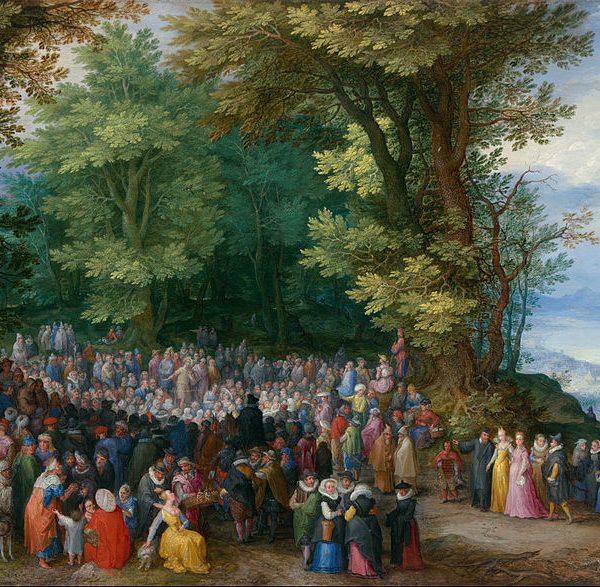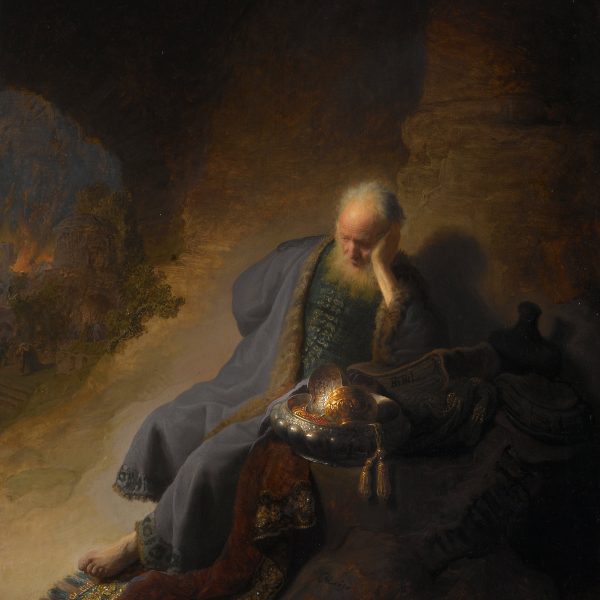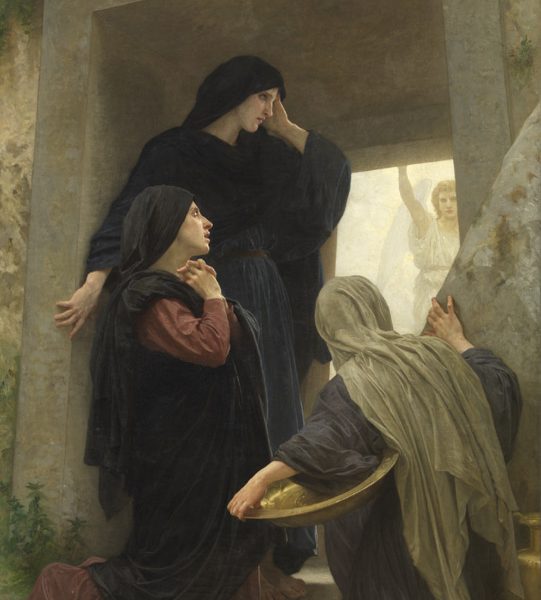
The story of the Resurrection of Jesus Christ is the foundational memory of Christianity. It is a story that not only tells of God’s power over death and the fragility of the empire’s power over life, but also demands that all perspectives be heard, in a grand cacophony of voices, all in common song, singing of the impossible mystery: Jesus is risen, indeed.

We are called to proclaim God’s word in such a way that we offer a nourishing alternative to the scarcity that all too often is dished up by our capitalistic, technologically-obsessed, and media-saturated society. As the People of God we are called to proclaim a new world order, one characterized by abundance and joy, by justice and lovingkindness, without any restrictions, without any boundaries.

When we are tempted to anxiety in the face of the success of the wicked, the psalmist reorients us to the Lord.
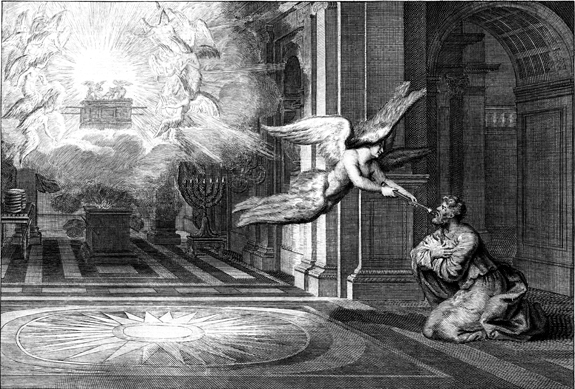
Isaiah’s call to prophesy judgment against Israel challenges us to remember God’s sovereignty over all political systems, even those that are disastrous in our eyes. Could God’s judgment be the decisive turning point toward healing?

